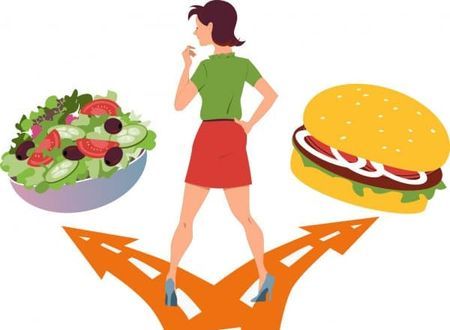It’s a pity that in schools the only vocabulary we are encouraged to enrich is those of the languages. Sharpen your English skills for that will secure a better future. Whilst that’s true and pragmatic—save for the colonial hangover it reeks of (why not improve your Hindi as much?)—there’s another layer of vocabulary, which stands largely ignored. That of your emotions.
The ability to label emotions—saying what you feel is the first step towards uncovering why you feel a certain way. Being able to say that you are angry, or frustrated, or delirious, or happy, or ecstatic brings emotions to the consciousness, making us more aware of them.
As we grow aware of what we feel, we subsequently give ourselves the tools to unearth why we feel a certain way. But more importantly, the act of labeling our emotions ascribes us a certain power— a power to rise above them, and not remain beholden to the way we feel.
In labeling our emotions, we give ourselves the authority to accept them or take steps to change them—authority being the operative word here because at times (especially when we are low) we feel we cannot do anything about how we feel. It’s this feeling of being stuck, of being conquered by one’s feelings, which proves to be particularly debilitating and representative of a depressive mindset.
Freud had once remarked that a majority of emotional life is unconscious; feelings that stir within us do not always cross the threshold into our awareness. While that’s true for most of us, it’s the magnitude of emotions unexamined and unlabeled that also matter.
Extreme inability to talk about how one feels is limiting in multifarious ways, not least because it disables one from connecting with life. Psychiatrists call this ‘alexithymia’ a word with Greek origins, which roughly translates to ‘a lack of words for feelings.’ People who are alexithymic feel a certain way but are unable to express what they feel, and subsequently cannot conjure the awareness to fathom why they feel.
There are no surprises for guessing which gender has a higher percentage of people who would identify as alexithymic. The perceived masculine notions of ‘riding it out’, ‘toughening up’ and ‘manning up’, eventually become reasons for limiting one’s emotional vocabulary. Knowing that it’s ok to be vulnerable in stating how one feels may give the correct arsenal for ironically ‘riding it out’ the right way.
And it begins with school. The simple act of asking children how they feel or enabling them to journal what they feel kick starts the process of building one’s emotional vocabulary when the brain is in its most malleable form. Would it not be a good curriculum where grades for math, English, or Hindi stood alongside one’s grades for emotional vocabulary?









Comments & Discussion
24 COMMENTS
Please login to read members' comments and participate in the discussion.